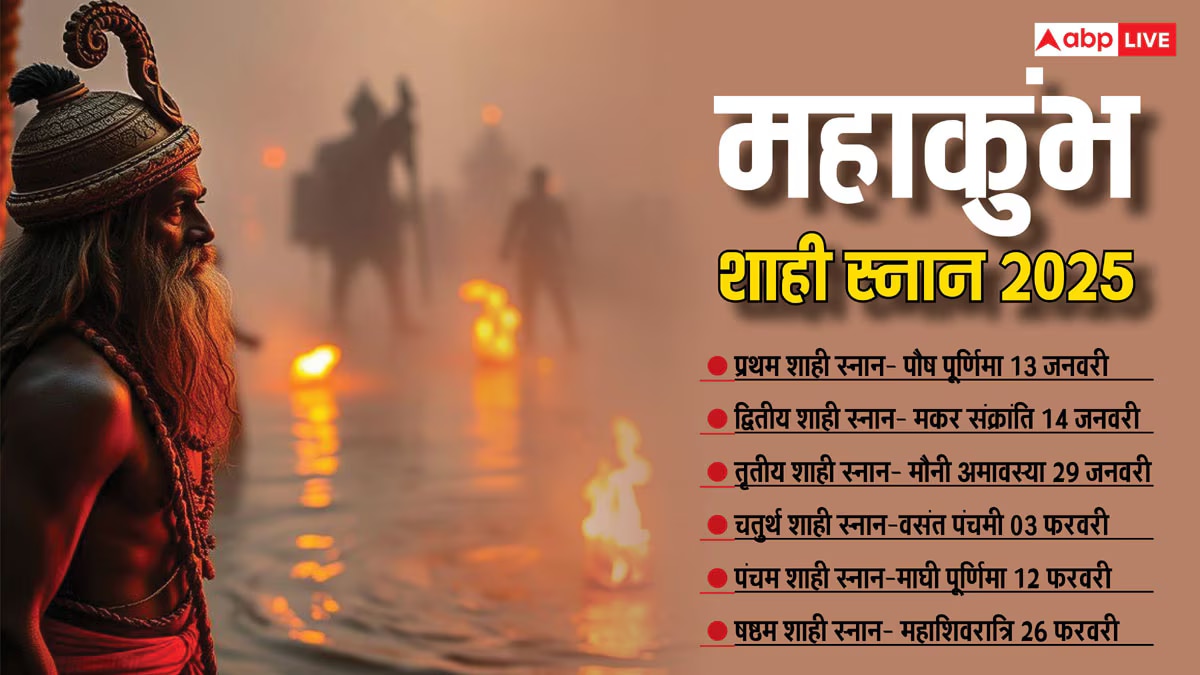On Saturday, President Trump’s administration initiated significant cuts to Voice of America (VOA) and other government-supported media outlets. The move aims to reshape government agencies without needing congressional approval.
All full-time staff at VOA were informed they would be placed on administrative leave. This decision followed Congress’s latest funding bill. Shortly after its approval, Trump instructed his administration to limit many agencies’ functions to the bare legal minimum. The U.S. Agency for Global Media, which includes VOA and several other critical media outlets, is among those affected.
Kari Lake, a former candidate for Arizona governor, shared on social media that employees should check their email. This message coincided with the warnings regarding the administrative leave for VOA staff. Further, the agency terminated grants to Radio Free Asia and other programs it oversees. VOA plays a crucial role in broadcasting U.S. news to international audiences, often translating stories into local languages. Networks like Radio Free Asia and Radio Free Europe serve communities under oppressive regimes, such as those in China, North Korea, and Russia.
These media organizations reach about 427 million people globally and have roots tracing back to the Cold War. They are part of a broader effort to promote democracy and counter authoritarianism, alongside other programs managed by USAID, which Trump has also targeted.
What makes these recent actions particularly striking is that the Agency for Global Media operates independently, under a law passed by Congress in 2020 that restricts the influence of presidentially appointed leaders. Trump’s administration has previously faced backlash for actions against VOA, such as suspending a journalist critical of him and cutting ties with reputable news outlets like the Associated Press.
Experts in media and law suggest that these moves could spark legal battles over presidential authority. According to a recent survey by the Pew Research Center, 70% of Americans believe that a free press is essential for democracy. This sentiment highlights the potential public backlash against perceived attacks on independent media.
As these developments unfold, reactions from the public, including social media trends, show a mix of concern and support. Some argue that reducing funding for such agencies undermines America’s global influence, while others believe it’s necessary to streamline government functions.
The outcome of these cuts could shape not only U.S. media landscapes but also how the nation projects its values abroad. For more insights on the implications of government funding cuts and their impact on democracy, you may refer to this comprehensive report from the Brookings Institution.
Source link
Trump Administration










